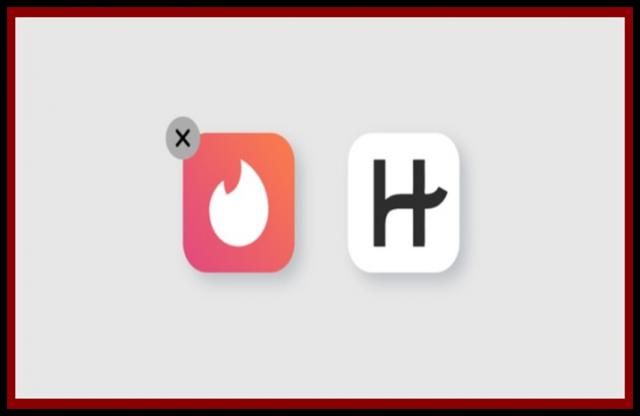Are Dating Apps Like Tinder and Hinge Exploiting User Addiction for Profit?
On Valentine’s Day, Match Group, the parent company of popular dating apps like Tinder and Hinge, found itself embroiled in a potential class-action Lawsuit. The lawsuit alleges that these apps intentionally employ addictive features to keep users hooked on a constant cycle of payments, rather than fulfilling their promises of fostering genuine connections.
Filed in the federal court of the Northern District of California, the lawsuit claims that Match Group prioritizes financial gains over its stated goal of helping users find meaningful relationships.
Initiated by six dating app users seeking class-action status, the lawsuit contends that Match Group designs its apps with game-like elements that create a sense of compulsion among users. This alleged strategy traps users in a continuous loop of payments, creating what the lawsuit terms a “pay-to-play loop.”
According to the legal filing, Match Group’s business model relies on monopolizing users’ attention and fostering a dating app addiction that drives users towards increasingly expensive subscriptions.
ALSO READ: MultiChoice Will Pay $37.3 Million to FIRS as Tax Settlement
The claimants argue that Match Group manipulates user psychology by incorporating dopamine-inducing features, effectively turning the pursuit of romantic connections into a gamble where psychological rewards are intentionally elusive.
What You Need to Know
- Match Group, headquartered in Dallas, has not yet responded to the lawsuit. However, this legal challenge comes amidst growing scrutiny on tech companies for deploying potentially addictive features that may harm users’ mental health, especially among young individuals.
- Meta Platforms, the parent company of Facebook and Instagram, is currently facing a lawsuit from several states, alleging that it contributes to a youth mental health crisis by designing addictive features on its platforms.
- The lawsuit against Match Group alleges that dating apps like Tinder and Hinge intentionally create a sense of unpredictability through dopamine-manipulating features, aiming to turn users into “gamblers” in pursuit of elusive psychological rewards. This legal battle raises broader ethical questions about app design and the responsibility of tech companies in promoting healthy digital interactions.
What We Know
- Tinder remains the most profitable dating app, generating a revenue of $1.9 billion in 2023. During the first quarter of the same year, Tinder attracted a significant user base, with 10.7 million subscribers worldwide.
- Notably, Tinder has the highest user penetration among the mentioned apps, particularly within the 18-24 and 25-34 age groups. However, among users aged 35 and above, Tinder slightly trails behind Match.com and eHarmony in popularity.
- While Tinder offers free access to its platform, it also provides premium packages at various costs. Upgrading from a basic Tinder account to a premium membership entails a monthly fee ranging from $4.50 to $26.99.
The post Dating Apps: Tinder, Hinge Sued for Exploiting User Addiction For Profit appeared first on My Finance NG.

